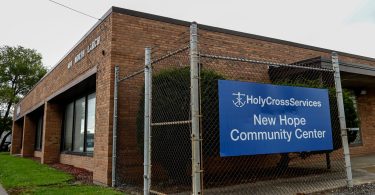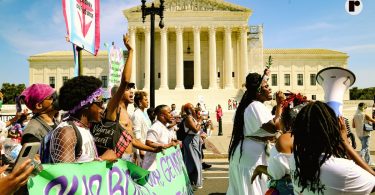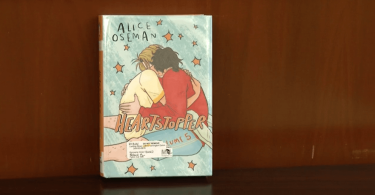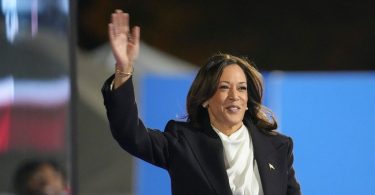The Georgia Association of Educators and two educators filed a lawsuit Tuesday against Cobb County School officials over alleged education “censorship” due to two bills that have restricted what topics teachers can tackle in the classroom.
The complaint argues that these “vague” laws “pose a continuing threat to other teachers in the school district … and harm Cobb County students’ ability to learn in safe and inclusive classrooms.”
ABC News has reached out to the Cobb County superintendent Chris Ragsdale and the district school board members.
The Protecting Students First Act, passed in 2022, prohibits educators from “espousing personal political beliefs” concerning “divisive concepts,” which is defined by a list of concepts regarding race, unconscious bias, racial privilege, and the role of racism in American history.
The Parents’ Bill of Rights law, passed the same year, states that “all parental rights are reserved to the parent of a minor child in this state without obstruction or interference from a state or local government entity,” including “the right to direct the upbringing and the moral or religious training of his or her minor child.”
Supporters of the bills argue they give parents more of a say in their children’s education.
“We put students and parents first by keeping woke politics out of the classroom and off our ballfields,” Gov. Brian Kemp said in 2022 after signing the bills.
Critics of these policies have said they are too vague and impede teachers’ ability to touch on subjects or history that relate to race or the LGBTQ community.
Katherine Rinderle, one of the plaintiffs in the lawsuit, was an elementary school educator in the district for more than 10 years before she was fired in August 2023. According to the lawsuit, the county used these policies to terminate Rinderle after she read “My Shadow Is Purple.”
During her termination hearing, she said she chose the book because of its “anti-bullying message, to highlight that there were gender nonconforming students and other students with diverse identities in her school whose needs for acceptance were not being recognized or addressed,” read the complaint.
A three-member panel submitted findings to the Board against Rinderle’s termination after Superintendent Ragsdale recommended her firing, according to the complaint. However, the board moved forward with her termination and rejected their findings.
In a past statement to Axios on Rinderle’s termination, the school board stated it felt “confident the actions of the board were appropriate considering the entirety of the teacher’s behavior and history.”
The lawsuit also alleges that the district is using these policies to threaten the employment of other district teachers who touch on similar topics.
The plaintiffs state in the complaint that CCSD administrators could not define “controversial,” “sensitive,” or “divisive” in the district’s Censorship Policies, and teachers have not been told that gender identity, gender nonconformity, or sexual orientation constituted “controversial” or “sensitive” subjects.
Georgia Association of Educators, a plaintiff in the lawsuit, is a professional association and advocacy group for Georgia teachers, representing 1,625 teachers and faculty members in Cobb County alone.
Cobb County has joined other districts across the country in removing certain books by or about the LGBTQ community from its libraries in light of the Republican-backed restrictions.
“This situation is about right and wrong, good and evil,” said Superintendent Ragsdale in support of the removal of certain books from library shelves. “There is no middle ground in this situation. You are either in favor of providing inappropriate material to children, or you are against it.”
Across the country, educators and conservative lawmakers have been at odds over classroom restrictions like Georgia’s. Schools and libraries nationwide have seen a massive increase in book-banning efforts and complaints relating to topics like racism, race, sexual orientation, gender, and more, according to the American Library Association.
The scrutiny and punitive threat have pushed some teachers out of classrooms amid teacher shortages nationwide, according to past ABC News interviews with teachers.







